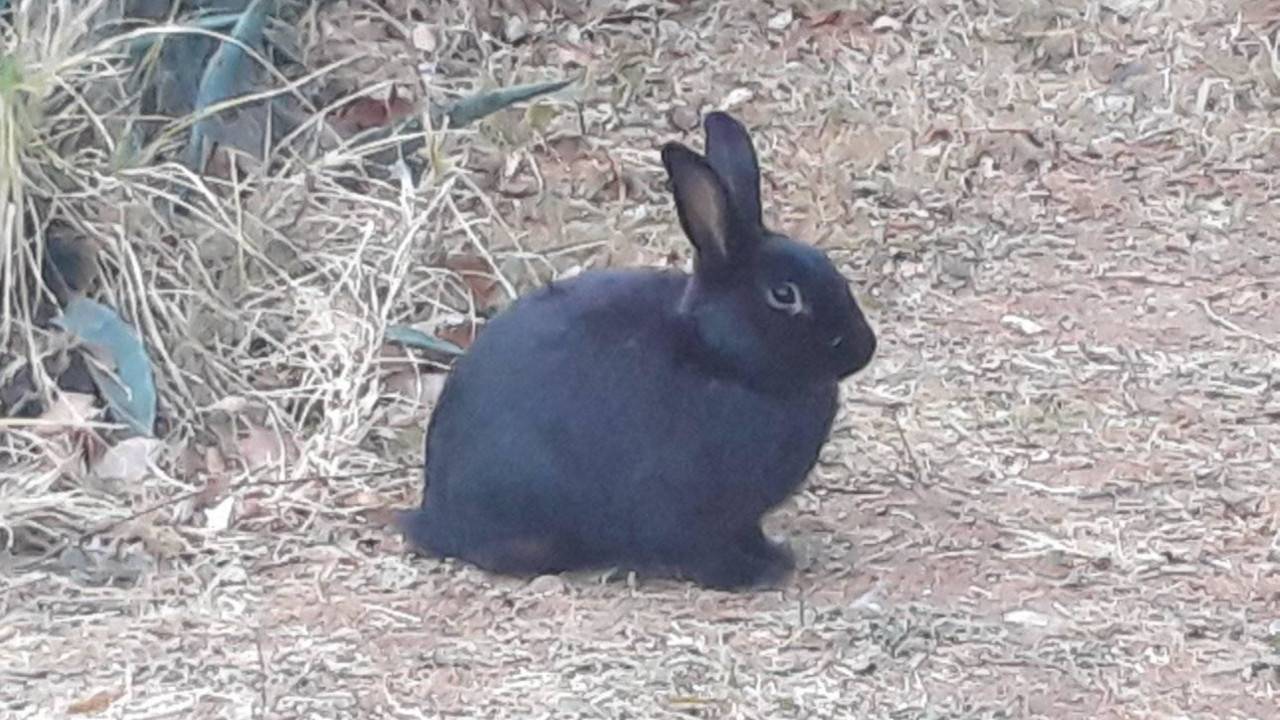News
Alberton Confirms Presence of Rabbit Haemorrhagic Diseas

There has been an outbreak of the rabbit haemorrhagic disease in Alberton, sending shockwaves through the local community and threatening the well-being of countless pet rabbits. Janine Scheffler-Klynsmith, a devoted animal lover passionate about raising rabbits since 2010, now faces the dire challenge of saving her 80 beloved rabbits from this deadly disease.
Under the rabbitry named Watership Down, Janine has been ethically breeding show rabbits, with a particular focus on preserving rare rabbit breeds in South Africa. Over the years, her efforts have gained recognition, especially with the Flemish Giant rabbit breed, which was nearly extinct when they started. They brought this breed back from the brink through selective breeding and unwavering dedication, with several of their rabbits winning accolades from local and international judges.
However, the rabbit world is now grappling with a significant crisis – rabbit haemorrhagic disease (RHD), a relatively new threat in South Africa. The disease was confirmed in the Karoo region last October, causing devastation and claiming the lives of numerous rabbits and hares. In response to this outbreak, Janine’s friend has initiated a campaign to help her vaccinate her rabbits, as she cannot undertake this costly endeavour alone.
Janine’s rabbits are a source of pride and joy, representing years of hard work. However, due to her commitment to ethical breeding, the necessary funds for vaccinating all her rabbits are not readily available. The state veterinarian has explained that vaccinations may be considered if no further rabbit deaths are reported for seven consecutive days following the last death, indicating that the infected rabbits have been removed from the area. While health officials work on managing the outbreak, Janine and fellow rabbit enthusiasts urge everyone with rabbits or who knows someone with rabbits to conduct research on RHD to protect their pets.
Furthermore, Dr Duma Mpofu, the chief state veterinarian in Animal Health Regulatory Services, has warned about the spread of RHD in Gauteng, stressing its impact on the rabbit and hare populations in the region. The disease affects members of the rabbit family, including domestic and wild rabbits and hares. The affected areas, including Meyerton, Vereeniging, Vanderbijlpark, and Walkerville, have reported cases of dead hares, feral rabbits, and domestic rabbits.
Also read: Young Woman in Elsburg Attacked by a Pitbull
The RHD virus spreads through direct contact with infected rabbits and indirectly through contaminated fodder and items like shoes, hands, and clothing. Insects, rodents, birds, predators, and scavengers also play a role in its transmission. Rabbits that survive the disease can remain infectious for up to 60 days.
Crucial measures to combat the disease include:
- Avoiding unnecessary rabbit movements.
- Minimising rabbit gatherings.
- Safe handling and disposal of dead rabbits and hares.
- Keeping owned rabbits secure to prevent contact with others.
Additional precautions involve:
- Strict hygiene practices.
- Avoiding the release of farmed or pet rabbits into the wild.
- Isolating new rabbits before introducing them.
- Using separate equipment for newly acquired or isolated sick rabbits.
Effective disinfection is vital, with suitable disinfectants including 10% household bleach, F10 veterinary disinfectant, 2% formalin, and 10% sodium hydroxide. Alcohol is not ideal for destroying the virus.
As efforts to manage the outbreak continue, the community is encouraged to report sightings of rabbit or hare deaths in the area to the Germiston state veterinarian. A donation campaign has also been initiated to help save these bunnies from the clutches of RHD.
Source: Dreaded rabbit haemorrhagic disease confirmed in Alberton
Also read:
Picture: Facebook / David Phogole
Follow us on Google News.






















